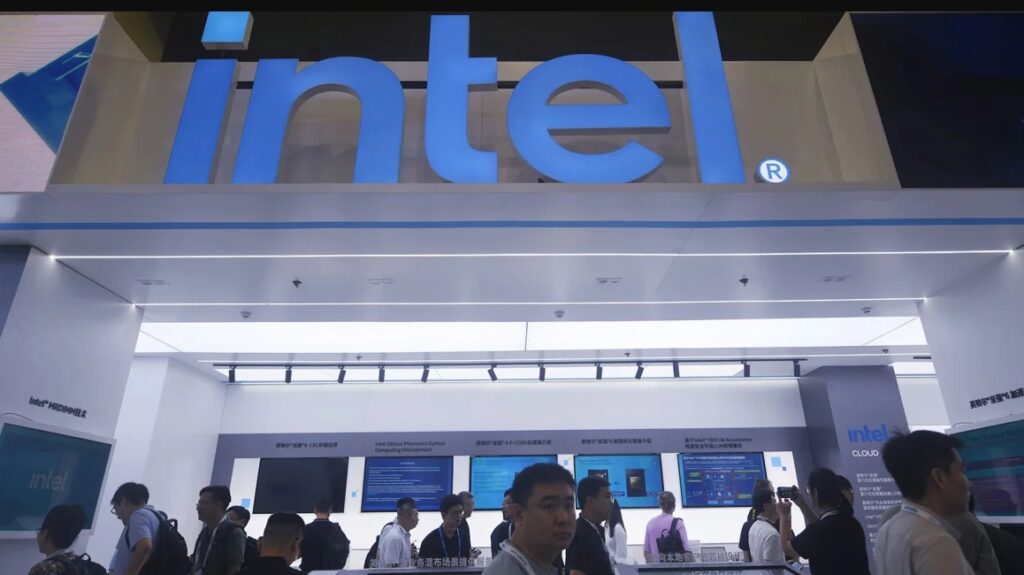Intel Products in China Face Security Review, Industry Group Claims
The Cybersecurity Association of China (CSAC) announced on Wednesday that Intel’s products sold in China should undergo a security review, citing concerns that the U.S. chipmaker has “constantly harmed” the country’s national security and interests.
Though CSAC is an industry group rather than an official government entity, it maintains close ties to the Chinese state. The accusations against Intel, detailed in a lengthy post on its official WeChat account, could prompt a security review from the Cyberspace Administration of China (CAC), a powerful regulatory body.
Intel’s unit in China responded on Thursday, emphasizing its commitment to product safety and quality. “We will maintain communication with the relevant authorities, clarify any concerns, and reaffirm our commitment to product safety and quality,” the company stated on WeChat.
The CAC has not yet commented on the CSAC’s claims. Intel’s shares fell 1.5% on Wednesday, part of a broader tech sell-off following disappointing news from chip equipment maker ASML.
CSAC recommended that a network security review be initiated for Intel’s products in China to effectively safeguard national security and protect the legitimate rights of Chinese consumers. Last year, the CAC restricted domestic operators of critical infrastructure from purchasing products from U.S. memory chipmaker Micron Technology Inc., after deeming them unfit following a security review.
A similar review for Intel could significantly impact the company’s revenues, as over a quarter of its sales came from China last year.
Allegations of Backdoors
The allegations against Intel arise amid heightened tensions between the U.S. and China, particularly regarding access to critical chipmaking technologies. Dan Coatsworth, an investment analyst at AJ Bell, noted, “Relationships between the U.S. and China are fragile. Increased talk about trade restrictions may lead to retaliatory measures.”
CSAC’s post claimed that vulnerabilities exist in Intel chips, including Xeon processors used for AI tasks, and criticized the company for serious defects in product quality and security management. The group also alleged that operating systems within Intel processors may contain backdoors created by the U.S. National Security Agency (NSA), posing risks to critical information infrastructures worldwide, including China.
A ban on Intel products, even temporarily, could exacerbate the shortage of AI chips in China, which has struggled to find alternatives to Nvidia’s cutting-edge products, now banned from export to the country.
Despite these challenges, Intel has secured orders for its Xeon processors from several state-linked Chinese agencies for AI projects, according to a Reuters review of public tenders.

